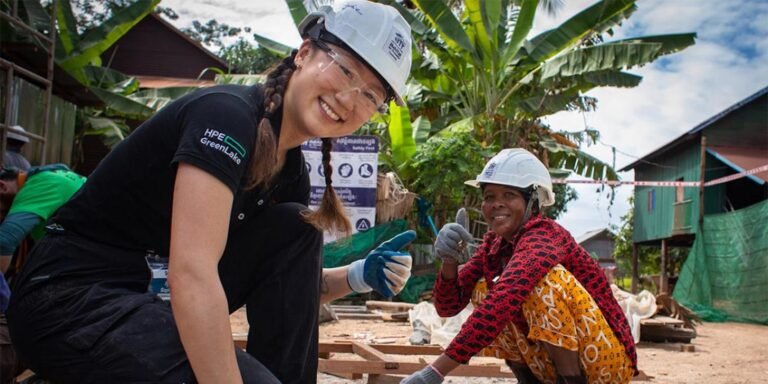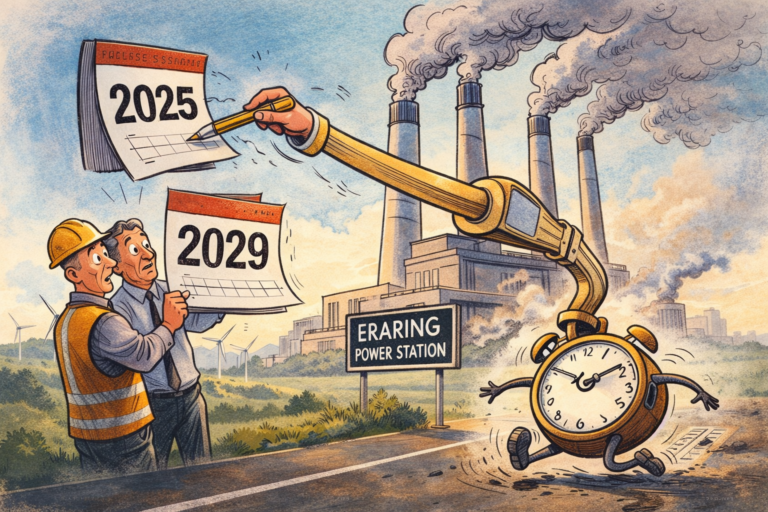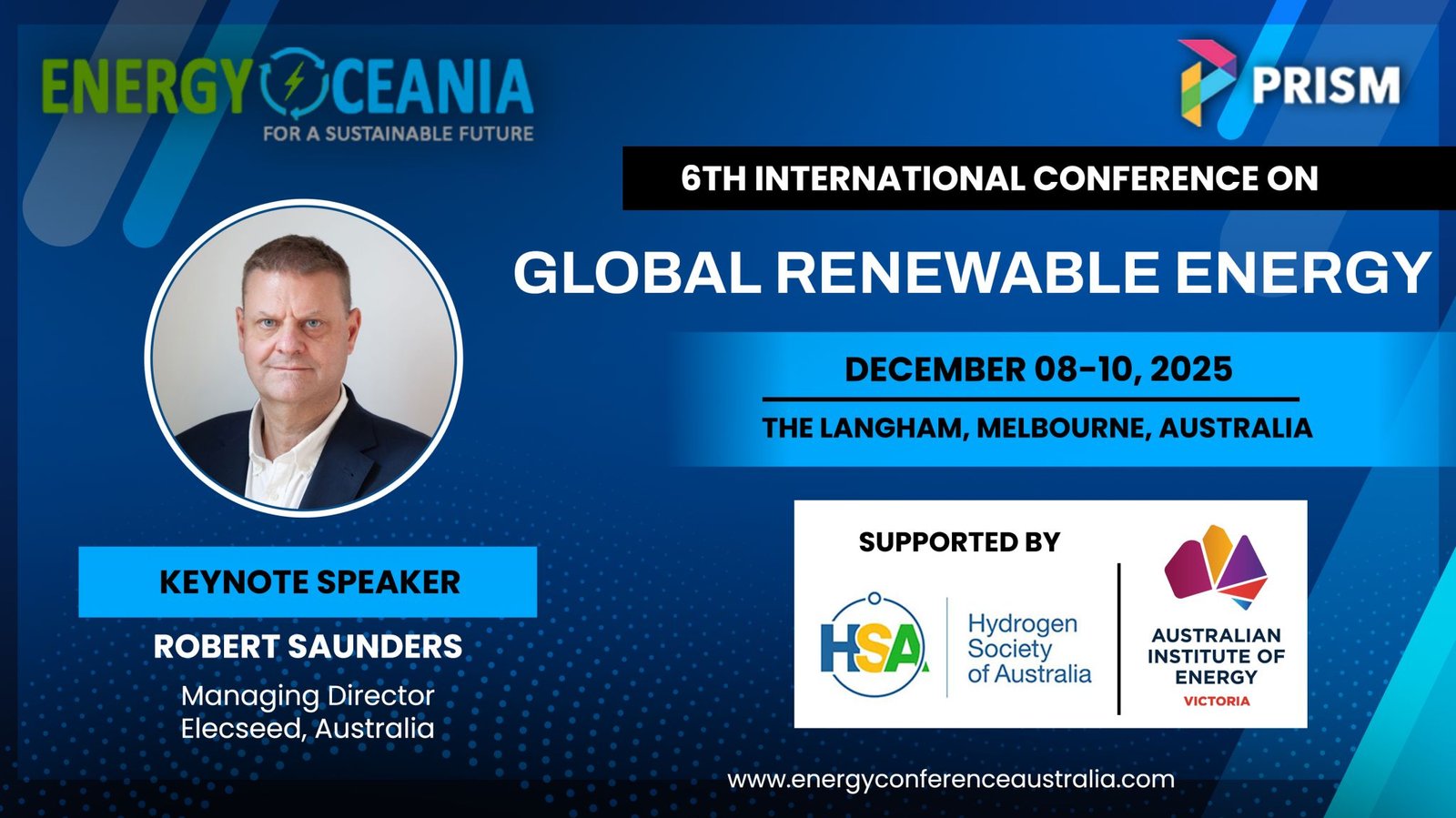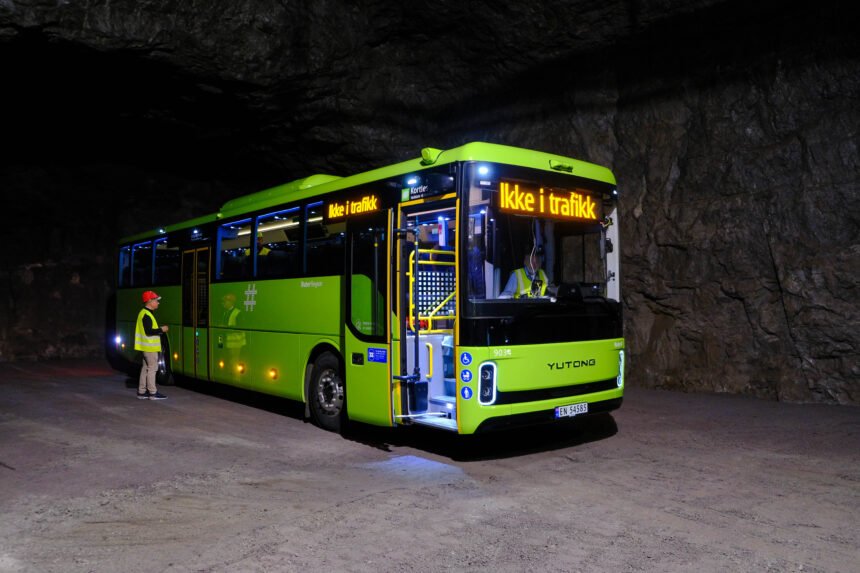Why We Must Retain Our Natural Imperfect-Perfect Humanness – as AI encroaches on every aspect of daily Lives.
By Katie Stokes.
The Japanese aesthetic and philosophical concept of Wabi-Sabi — the celebration of transience, imperfection, and authenticity — could not be further from the data-trained precision of AI.
The appreciation of beauty – of humanness that is “imperfect, impermanent, and incomplete”. Cracks are what make humans unique.
In a world surging forward on the back of artificial intelligence and algorithmic efficiency, there’s a quiet, powerful truth we are at risk of forgetting: our value as humans lies in our imperfections. And that’s precisely why it matters now more than ever.
AI is designed to be consistent, predictable, and homogenized. It learns from massive datasets, repeats patterns, and optimizes for accuracy and efficiency. That might be useful for sorting logistics or managing energy grids. But when it comes to storytelling, leadership, empathy, social policy — even public trust — humanity matters.
Our pauses, our contradictions, our learned behaviours and cultural quirks — “warts and all” — make us who we are.
Consider this: a refugee mother navigating a new country’s social housing system, or a farmer impacted by both floods and carbon markets. Their experiences, and how they express them, form the heart of public discourse. Their anger, humour, accent, and body language — not just their words — communicate volumes. These are not outputs that a machine can replicate. Nor should it try.
This matters deeply when we talk about ESG — environmental, social, and governance frameworks — and how governments issue economic relief, allocate climate adaptation funding, or measure community “resilience.” Social licence — that elusive trust between government, industry, and people — doesn’t come from automated reports or generative content. It’s built from conversations, histories, failures, and repairs. From sitting across the table with someone who’s been through it, and still shows up.
And yet, we’re seeing a rising tide of machine-generated messaging infiltrate media releases, corporate comms, and even community engagement. The risk? That everything starts to sound the same. Polished. Vague. Sanitised. That unique voices — from First Nations Elders to Vietnamese grandmothers to climate-stricken coastal youth — are flattened into AI-friendly generalities. In the name of “neutrality,” we lose nuance. In the name of “efficiency,” we lose empathy.
The philosophy of Wabi-Sabi reminds us that beauty is found in the cracked tea bowl, the faded photograph, the unpolished sentence.
In the same way, social cohesion is built not from perfection, but from vulnerability and shared experience. As we embrace new technologies in policy-making, urban design, and economic modelling, we must also preserve the human voice — diverse, irregular, and real.
Let AI assist. Let it crunch the numbers and map the flood zones. But let humans — in all our complex, contradictory individualism— tell the story. Form the policy. Build the trust. Because in a time of climate upheaval, economic shifts, and social fragmentation, what we need most isn’t uniform answers. It’s deeply human responses from deep human connection and experiences.
And that — not machine logic — is how we move forward.
OPINIONS Are always welcomed at FNGN. Please share your thought provoking Opinions on GREEN Life, Politics, Business, Money … and yourself … to info@futurenowgreennews.com












